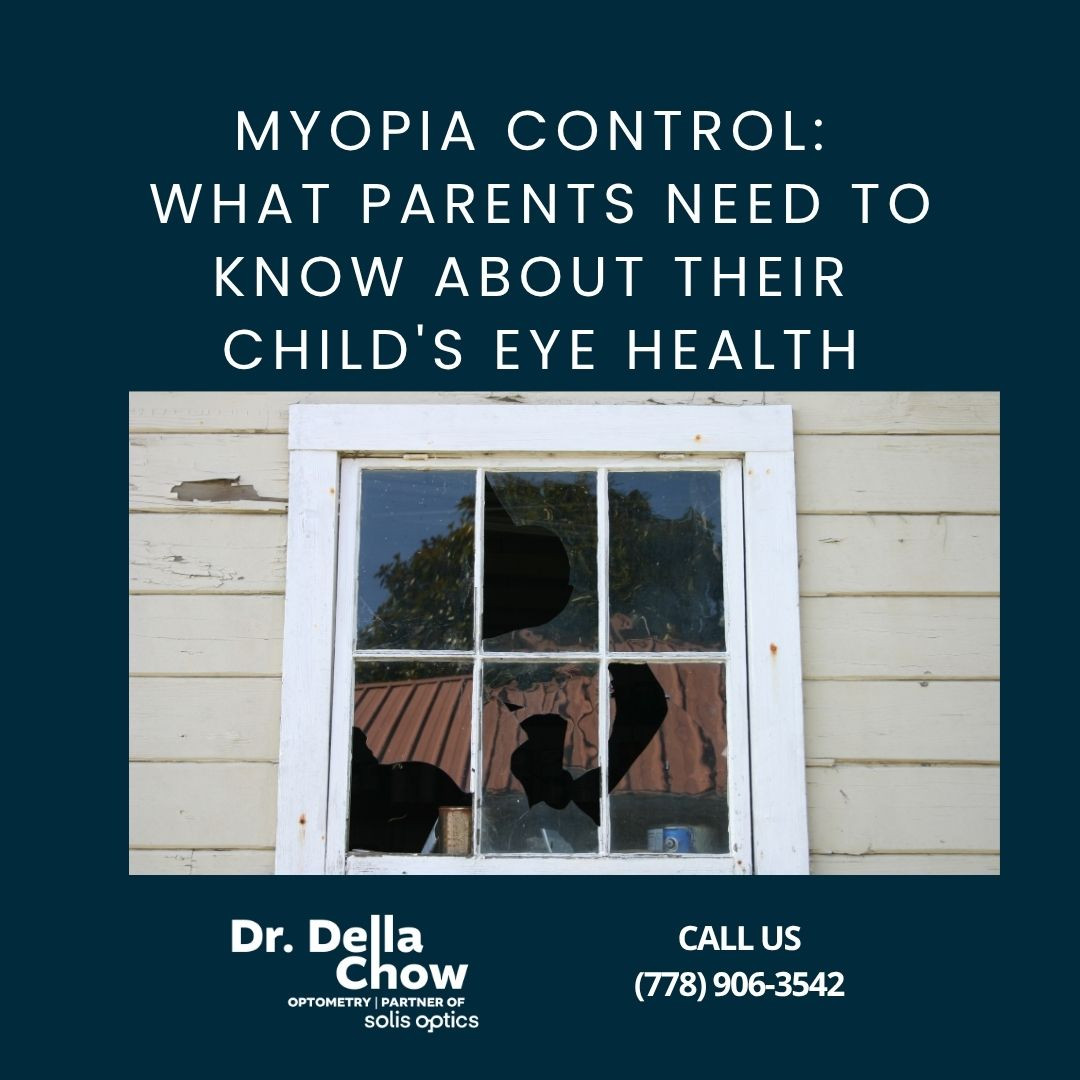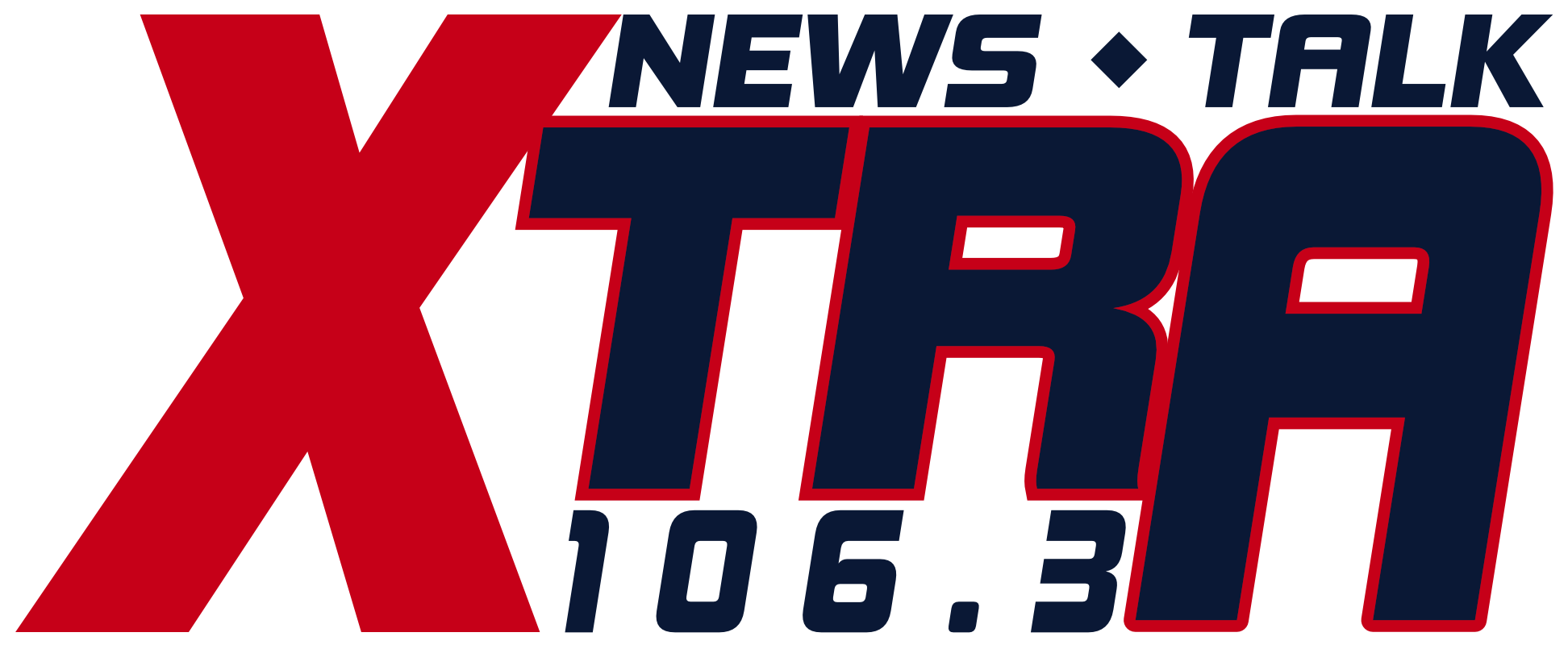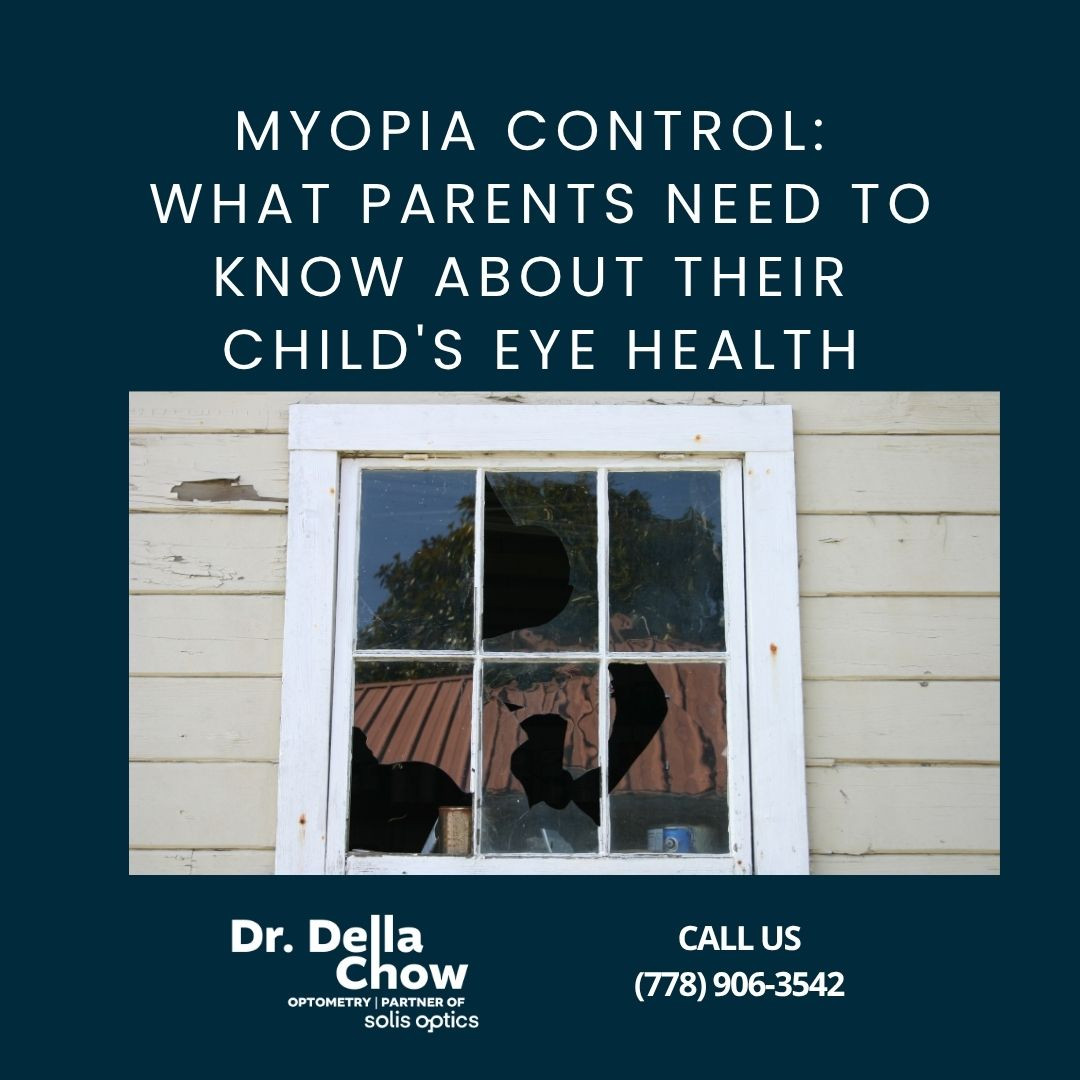Is Your Child’s Vision Worsening Year After Year?
For many parents, the annual cycle of their child receiving a stronger glasses prescription has become a routine, albeit worrying, event. It’s easy to dismiss nearsightedness, or myopia, as a simple refractive error easily corrected by new lenses. However, for a growing number of children, this worsening vision signals a deeper concern. Myopia is no longer a benign condition; it is a global health challenge that requires proactive intervention.
Myopia occurs when the eyeball grows too long, causing light to focus in front of the retina instead of directly on it. While glasses correct the blurry vision today, they do nothing to address the underlying elongation. Myopia Control is an evidence-based approach that actively slows the physical growth of the eye. By intervening early, we can significantly reduce the severity of the myopia your child will carry into adulthood.
Why Myopia Matters More Than Just Glasses
The most critical reason to manage myopia is to mitigate the risk of serious, sight-threatening eye diseases later in life. When the eyeball stretches, the inner layers—specifically the retina—are physically stretched and thinned.
This stretching dramatically elevates the risk for conditions that can cause irreversible vision loss. Individuals with high myopia (typically -5.00 D or more) are at a five to six times greater risk of developing Retinal Detachment compared to those with low myopia. They are also at a significantly increased risk for Glaucoma and Myopic Macular Degeneration (MMD), which is the most common cause of vision impairment in highly myopic patients.
The prevalence of myopia is climbing alarmingly. Data shows that in North America, the rate of nearsightedness increased by nearly 50% between the 1970s and 2000s, now affecting over 40% of the population. If this trend continues, the World Health Organization estimates that half the world’s population will be myopic by 2050. This is why intervention is not just a matter of clear sight, but a protective measure for long-term health.

Common Causes in the Lifestyle
Myopia development is a complex interplay of genetics and environment. If both parents are myopic, the risk to the child increases to one in two. However, the dramatic recent surge is largely attributed to lifestyle changes:
Near Work Intensity: The prolonged time spent focusing on objects up close—tablets, smartphones, books, and computer screens—stresses the focusing system and encourages axial elongation.
Insufficient Outdoor Time: This is the most crucial environmental factor. Research has consistently shown that children who spend less time outdoors are more likely to develop and progress in their myopia. Sunlight exposure encourages the release of dopamine in the retina, which is thought to regulate and inhibit eye growth. Experts recommend at least 90 minutes of quality outdoor time per day.
If you are struggling to manage these environmental pressures, finding a children’s eye doctor in kitsilano who specializes in early detection and counselling is crucial for your child's success.
Modern Myopia Management Options
Traditional single-vision glasses only correct vision; they do not control the stretching of the eye. Modern myopia control strategies actively interrupt the signals that drive eye growth.
1. Specialized Contact Lenses (MiSight & Ortho-K)
MiSight 1-Day Lenses: These soft, daily disposable lenses are the first FDA-approved treatment for slowing the progression of myopia in children. They use a dual-focus design that corrects central vision while creating a therapeutic "defocus" signal in the periphery, proven to slow progression by an average of 59% over two years compared to standard lenses.
Orthokeratology (Ortho-K): These rigid, gas-permeable lenses are worn overnight. While the child sleeps, the lenses gently reshape the cornea. They are removed upon waking, allowing the child to enjoy clear, lens-free vision all day. Studies have shown Ortho-K reduces the rate of axial elongation significantly.
2. Low-Dose Atropine Drops
Atropine drops, typically in very low concentrations (e.g., 0.01% to 0.05%), are prescribed to be used once daily at bedtime. While the exact mechanism remains under study, they are highly effective at slowing eye growth and are often used in combination with optical treatments.
3. Specialized Spectacle Lenses
For children who are too young for or uncomfortable with contact lenses, certain spectacle lenses (like MiYoSmart or Stellest) use proprietary technology that creates the same peripheral defocus signals as specialty contacts, offering a powerful glasses-based option for control.
Choosing Your Kitsilano Eye Care Partner
Myopia management is a specialized area of optometry that requires dedicated equipment—such as axial length measurement devices—and a commitment to personalized, long-term monitoring. It goes far beyond a standard eye exam. The chosen professional must be able to assess which of the available treatments is best suited to your child’s prescription, age, lifestyle (e.g., sports, swimming), and hygiene habits.
When seeking an experienced optometrist kitsilano families can rely on for this kind of critical pediatric care, ensure the clinic is equipped to measure axial length and offer all primary treatment modalities. This commitment ensures you receive the most customized and effective solution for your child.
The Kitsilano Approach to Eye Health
Protecting your child’s vision is one of the most important health investments you can make. The time window for myopia control is during childhood, typically before the age of 14, when the eye is still actively growing. By taking control of their prescription now, you are drastically lowering their risk of vision impairment later.
Don't let your child's prescription increase year after year without intervention. If you are looking for an eye doctor in kitsilano who combines expertise in family optometry with leading-edge myopia management, we are here to help.
Schedule your child's comprehensive eye exam and myopia consultation with Dr. Della Chow at Della Optique today.




